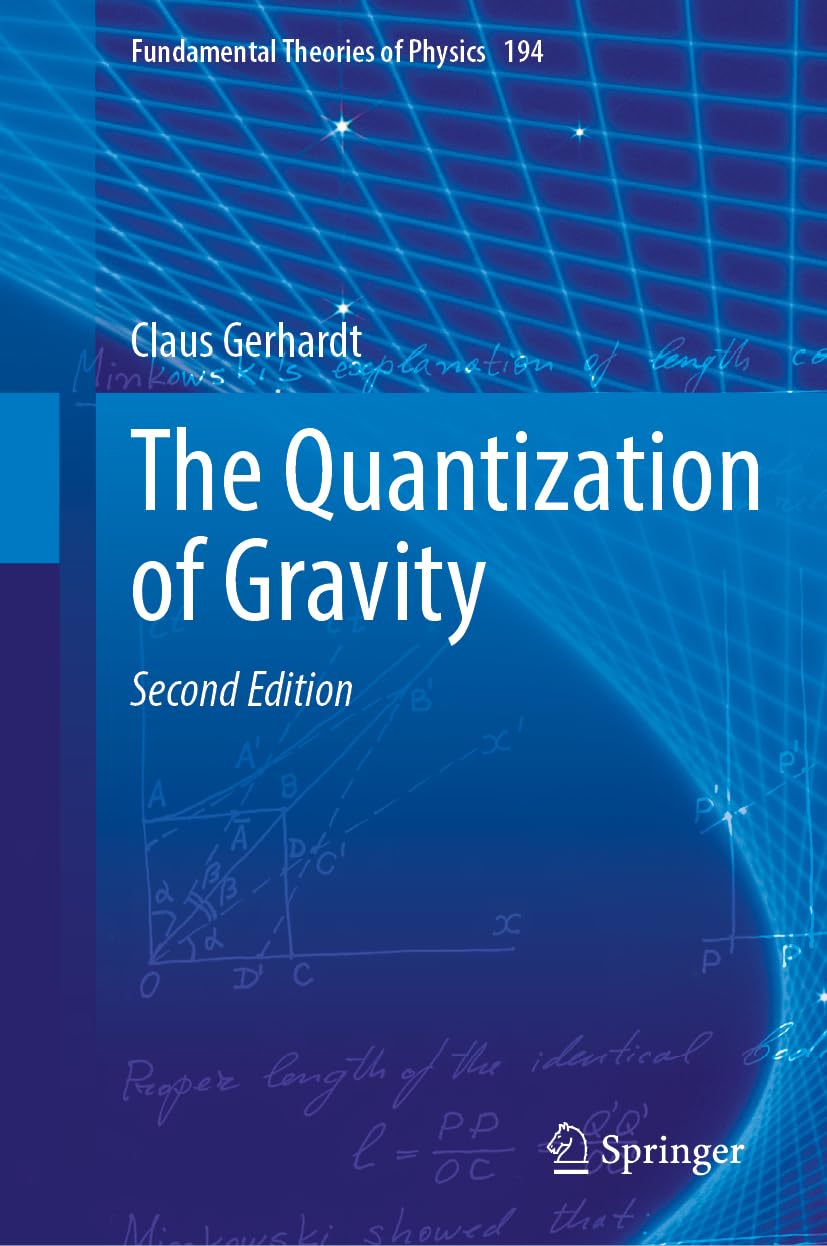

Most ebook files are in PDF format, so you can easily read them using various software such as Foxit Reader or directly on the Google Chrome browser.
Some ebook files are released by publishers in other formats such as .awz, .mobi, .epub, .fb2, etc. You may need to install specific software to read these formats on mobile/PC, such as Calibre.
Please read the tutorial at this link: https://ebookbell.com/faq
We offer FREE conversion to the popular formats you request; however, this may take some time. Therefore, right after payment, please email us, and we will try to provide the service as quickly as possible.
For some exceptional file formats or broken links (if any), please refrain from opening any disputes. Instead, email us first, and we will try to assist within a maximum of 6 hours.
EbookBell Team

4.3
98 reviewsA unified quantum theory incorporating the four fundamental forces of nature is one of the major open problems in physics. The Standard Model combines electro-magnetism, the strong force and the weak force, but ignores gravity. The quantization of gravity is therefore a necessary first step to achieve a unified quantum theory. In this monograph a canonical quantization of gravity has been achieved by quantizing a geometric evolution equation resulting in a hyperbolic equation in a fiber bundle, where the base space represents a Cauchy hypersurface of the quantized spacetime and the fibers the Riemannian metrics in the base space. The hyperbolic operator, a second order partial differential operator, acts both in the fibers as well as in the base space.
In this second edition new results are presented which allow the solutions of the hyperbolic equation to be expressed as products of spatial and temporal eigenfunctions of self-adjoint operators. These eigenfunctions form complete bases in appropriate Hilbert spaces. The eigenfunctions depending on the fiber elements are a subset of the Fourier kernel of the symmetric space SL(n,R)/SO(n), where n is the dimension of the base space; they represent the elementary gravitons corresponding to the degrees of freedom in choosing the entries of Riemannian metrics with determinants equal to one.
These are all the degrees of freedom available because of the coordinate system invariance: For any smooth Riemannian metric there exists an atlas such that in each chart the determinant of the metric is equal to one. In the important case n=3 the Standard Model could also be incorporated such that one can speak of a unified quantization of all four fundamental forces of nature.